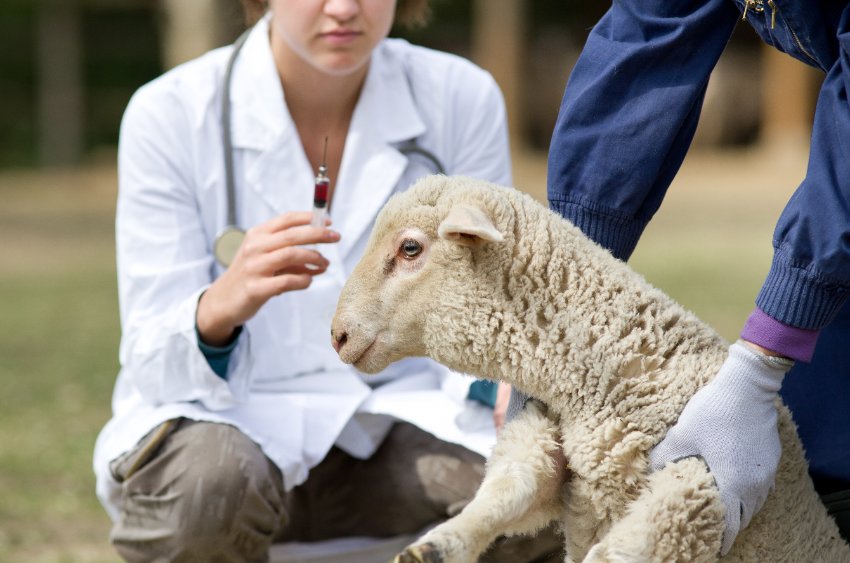Northern Ireland braced for major loss of vet medicine packs by 2026

Nearly two-fifths of veterinary medicine pack sizes available to Northern Ireland’s animal health sector could disappear next year, industry groups have warned, as the Windsor Framework’s new rules come into force in January 2026.
The Animal Health Distributors Association (AHDA) says manufacturers have indicated that up to 40% of pack sizes used by Suitably Qualified Persons (SQPs) may be withdrawn from the Northern Irish market.
They warn this will happen unless veterinary medicines are reinstated in the Windsor Framework in the same way as human medicines. Smaller, more affordable pack sizes are particularly at risk.
The UK government’s own estimate puts the likely reduction in authorised products at 10–15%, but AHDA argues the impact on pack sizes is far greater and would fall disproportionately on Northern Ireland’s predominantly small and medium-sized farms.
From 1 January 2026, veterinary medicines will require separate authorisations for Great Britain and Northern Ireland, creating new regulatory and cost barriers for manufacturers.
AHDA warns that this could leave farmers facing higher costs for larger packs, limit treatment options and risk reduced animal care if products become unavailable.
The Ulster Farmers’ Union (UFU) says the consequences are both economic and ethical, with some farmers forced to buy more medicine than they need, while others may avoid treatment altogether due to prohibitive costs.
The union warns that Northern Ireland must not be left with “a two-tier animal welfare system”, where producers lose access to products freely available elsewhere in the UK.
The issue stems from the Windsor Framework, the post-Brexit trading arrangement designed to protect the flow of goods between Great Britain and Northern Ireland while maintaining access to the EU single market.
While it eased frictions in many areas, veterinary medicines remain unresolved, and industry organisations warn that — without a further derogation — Northern Ireland could lose access to key products after 2026.
Northern Irish MP Carla Lockhart said farmers and vets were now facing “uncertainty and a lack of transparency” ahead of the deadline, with the grace period for existing supply arrangements ending on 31 December 2025. She warned that more products may be affected than the government originally anticipated.
Lockhart said the new Veterinary Medicines Health Situations Scheme and Internal Market Scheme were drawn up on the assumption that only a small number of products would be impacted, but early indications from veterinary bodies suggest wider disruption.
She also raised concerns that responsibility for overseeing the transition appears split between several government departments, leaving Northern Ireland “uniquely and unfairly exposed”.
The MP has tabled a series of Parliamentary Questions seeking clarity over who will be operationally responsible for managing disruption, the impact on Northern Ireland farm competitiveness, and what guidance vets, SQPs and farmers can expect ahead of January. She has also requested an urgent meeting with the responsible minister.
At a session of the House of Lords Northern Ireland Scrutiny Committee this week, representatives from the UFU, the British Veterinary Association’s NI branch and AHDA described the current policy approach as flawed, saying the industry is being left “in the dark” as the deadline approaches.
The UFU is calling on the UK government and the European Commission to urgently secure a further derogation to ensure veterinary medicines remain available beyond 2026 and to give manufacturers, SQPs and the wider supply chain the confidence they need.
AHDA says the simplest solution remains the alignment of veterinary medicines with human medicines in the Windsor Framework — avoiding what it warns could become serious gaps in animal healthcare, higher costs for farmers, and increased pressure on vets across Northern Ireland.








